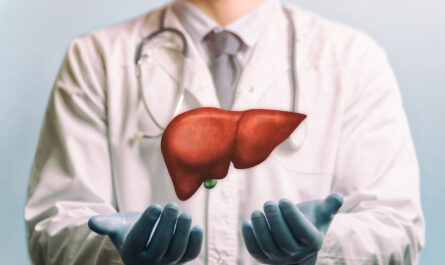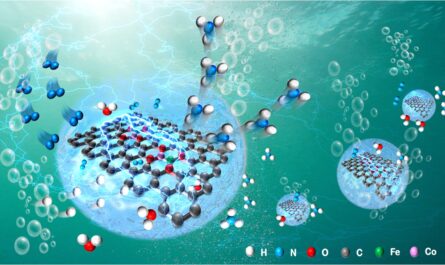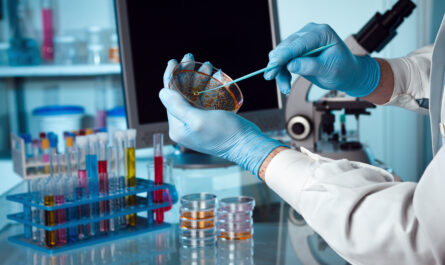RUDN University agronomists, along with their counterparts from Egypt, Kazakhstan, and Russia, have made a significant breakthrough in the field of agriculture by finding a green way to mitigate the harmful effects of soil salinity. Soil salinity is a major concern worldwide as it negatively impacts crop growth and productivity. Excess salts in the soil lead to salt stress, which hampers water uptake by plants, inhibits photosynthesis, disrupts respiration, breaks down chlorophyll, and causes leakage of potassium ions. Additionally, water-soluble toxic salts induce the synthesis of reactive oxygen species that damage plant cells. With the increasing impact of global climate change, the amount of saline land is on the rise.
In their research published in the journal Horticulturae, the scientists explored the use of organic amino acids, known as biostimulants, to alleviate salt stress. Biostimulants have gained attention in recent years due to their sustainable nature and ability to combat toxins and biotic stress, thereby improving water and nutrient absorption in plants. Dr. Meisam Zargar, Doctor of Agricultural Sciences and Associate Professor of the Department of Agrobiotechnology at RUDN University, emphasized that employing biostimulants instead of synthetic chemicals is a key factor in promoting sustainable agriculture.
The researchers conducted an experiment in which they created a controlled environment to simulate salt stress and cultivated lettuce plants (Lactuca sativa). The lettuce plants were then treated with six different amino acids, namely alanine, arginine, glutamine, glycine, methionine, and proline, at a concentration of 0.5 grams per liter. Subsequently, the agronomists measured the activity of photosynthetic pigments, ion absorption levels, endogenous amino acid content, and the activity of catalase and peroxidase enzymes, which are crucial in regulating oxidative processes and respiration in plants.
The results showed that glycine, methionine, and proline had a positive impact on the condition of the lettuce plants. The use of amino acids mitigated the increase in electrical conductivity caused by salt stress. The amount of chlorine anions decreased by 25% compared to untreated plants. Furthermore, the uptake of potassium cations improved, and the concentration of chlorophyll also increased. Methionine and proline were found to enhance the production of the plant’s own amino acids.
The agronomists observed that the application of amino acids had a beneficial effect on the growth, physiological, and biochemical characteristics of lettuce plants. To minimize the detrimental effects of salt stress, they recommend spraying lettuce crops with methionine or proline at a dose of 0.5 grams per liter. However, Dr. Zargar cautioned that this study only represents a small part of the research needed to fully understand and address the potential damage caused by soil salinity due to climate change.
Overall, this groundbreaking research provides farmers and agricultural practitioners with an organic and sustainable solution to combat the harmful effects of soil salinity, thus promoting the development of resilient and productive crops in salt-affected areas. The use of biostimulants, such as amino acids, not only mitigates salt stress but also contributes to the long-term sustainability of agriculture, ensuring food security in the face of climate change challenges. Further research in this field is necessary to explore the full potential of biostimulants in combating soil salinity and developing effective strategies for sustainable crop production.
*Note:
1. Source: Coherent Market Insights, Public sources, Desk research
2. We have leveraged AI tools to mine information and compile it




